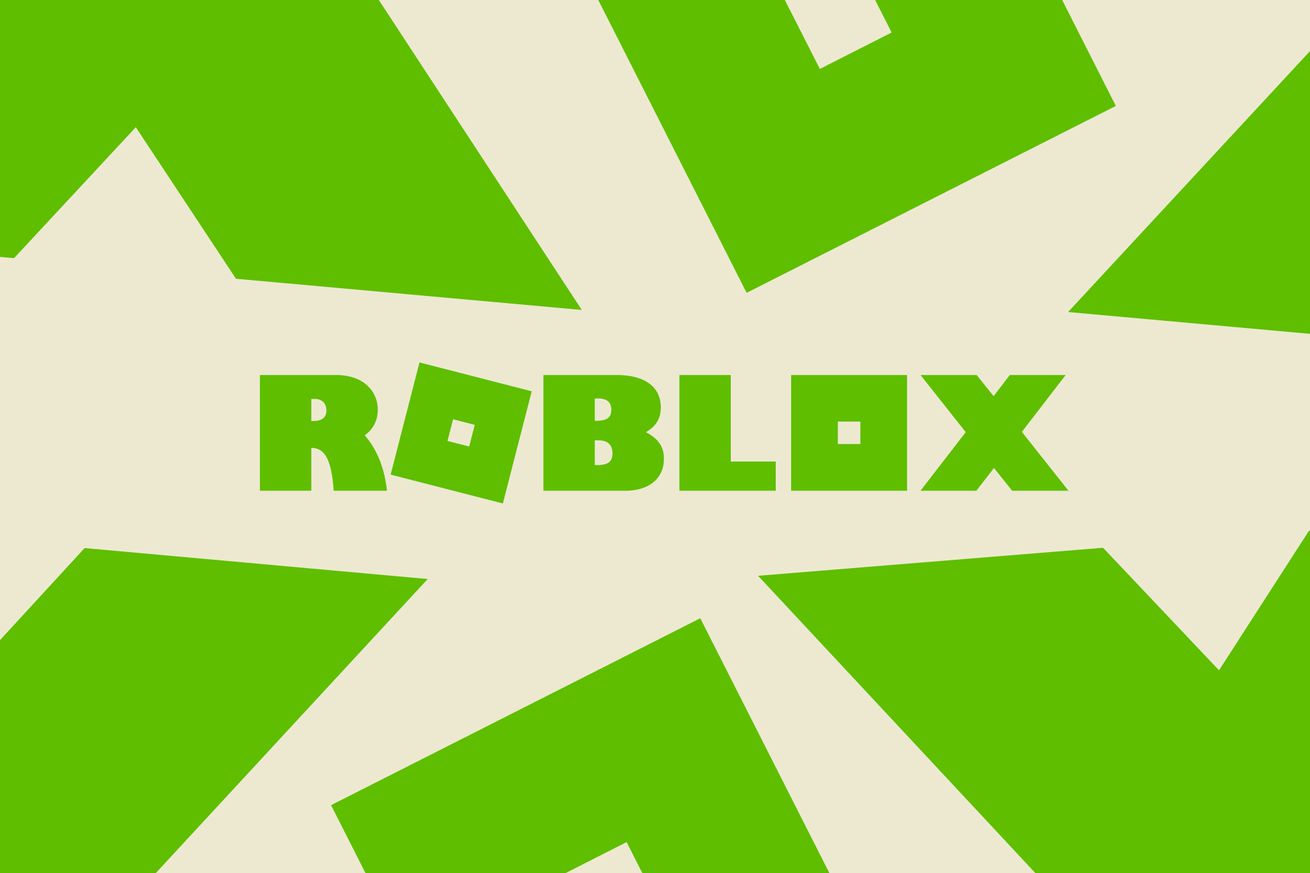
Roblox really wants you to know that it isn’t just for kids
Roblox’s founder and CEO published a blog post this morning stressing just how much the company believes the popular gaming platform isn’t just for kids.
The platform’s audience is starting to trend older, David Baszucki wrote in a blog post. He noted that more than 55 percent of the platform’s users are older than 13, the platform’s “fastest-growing demographic segment” is users between 17 and 24 years old, and that the 17–24 age bracket represents 22 percent of Roblox’s player base. Developers older than 17 make “the majority of our top 1000 experiences,” Baszucki wrote, and “many seek to create experiences for older audiences so they can interact exclusively with those their age.”
Right now, Roblox lets creators make experiences that are recommended for all ages, nine years old and up, and 13 years old and up. But a vague sentence makes it sound as if the company could introduce a recommendation targeted specifically for older players someday. “We’ll be working to allow older age-verified creators safely publish more engaging and age-specific content, while remaining committed to providing the best experience in civility, content, and connection for everyone on Roblox,” Baszucki said.
It does make sense that Roblox would want to let creators make more mature games, especially if it wants to keep them from jumping ship to other metaverse-y platforms like Fortnite or major game development tools like Unreal Engine or Unity. That said, I’m a little worried about what Roblox games rated 17-plus might look like, as there’s already some pretty weird stuff on the platform.
“Our goal is one platform, where age-appropriate experiences for every life stage can be found,” Baszucki said. “This could include experiences you may have seen on Roblox like concerts, digital fashion, immersive games, and education. But, in the future, Roblox could include different types of experiences, like virtual dating, indie movie screenings and new forms of content such as news and hot topics.”

